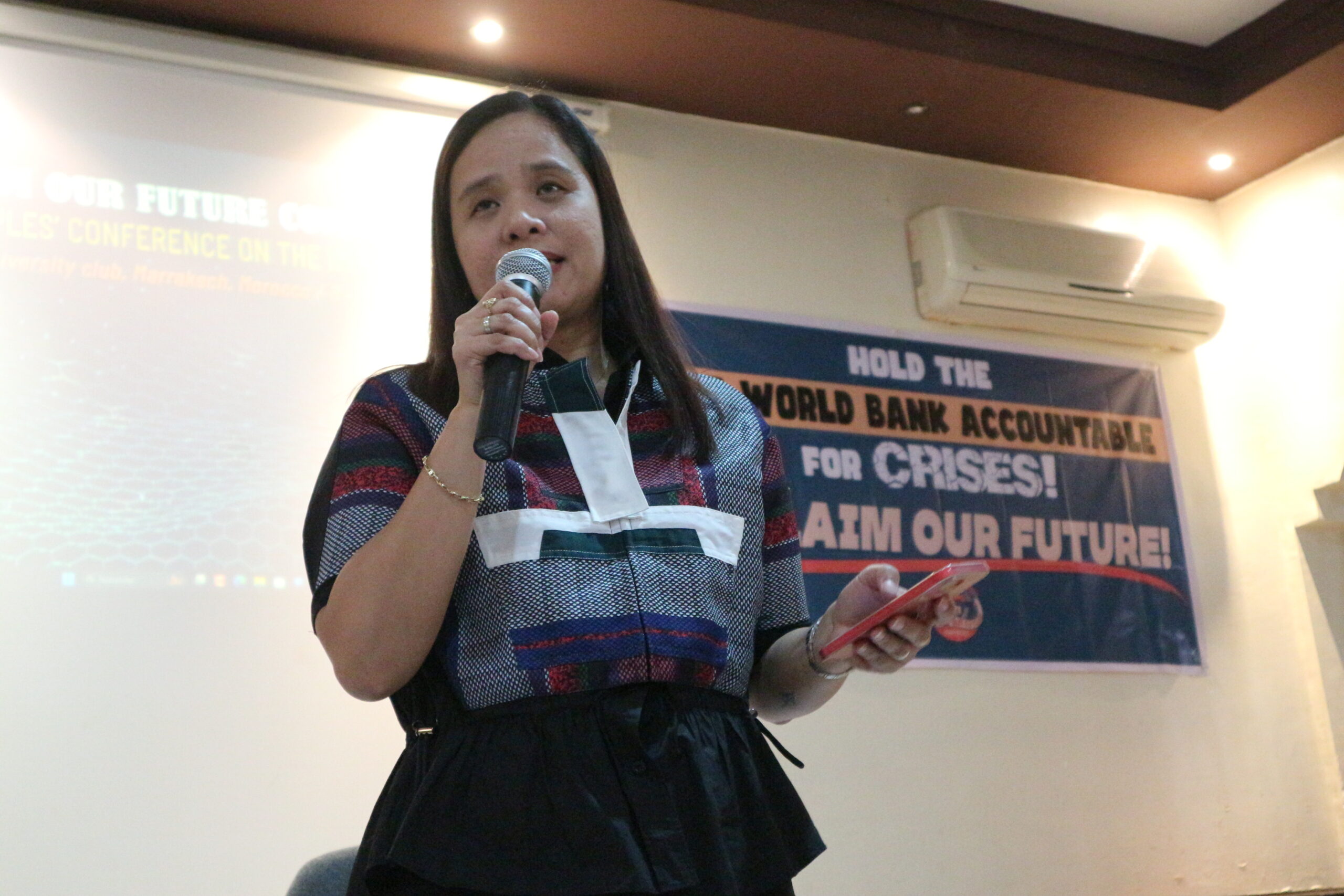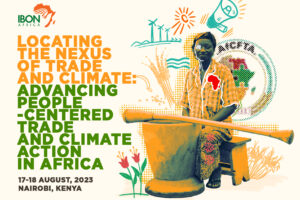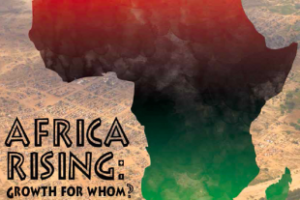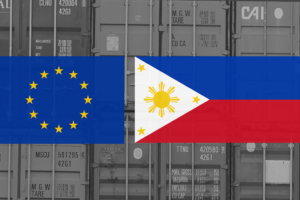The following was delivered by IBON International Executive Director Jennifer Del Rosario-Malonzo as an opening remarks to the Reclaim Our Future Conference held on October 8-9, 2023 at the Cadi Ayyad University in Marrakesh, Morocco.
Morocco is still reeling from the devastating earthquake so we express our heartfelt solidarity with the Moroccan people. We call for urgent relief and a rights-based, people-centred recovery. This situation should not be instrumentalised by international financial institutions (IFIs) to facilitate big business interests.
Why did some of us fly here from other regions of the world to be with you today? Why this people’s conference?
Because we are observing the world and see that the IMF-World Bank are telling us good things, that they are supporting concerns of gender, climate, peace. But they are doing the same policies in essence. We hear old policies and neoliberalism repackaged as solutions – but we know these policies and dictates are the problems.
On October 4, 1976, 47 years ago, then WB President McNamara in the Annuals in the Philippines, said: “that the real difficulty faced by the poorest nations was not the burden of debt itself, but the very low level of capital flows.”
On October 15, 1991, 32 years ago, then-WB President Lewis Preston in the Annuals in Thailand, said: “markets should be relied upon for the production and distribution of most goods and services.”
Their pro-capitalist policies now are decades old.
On October 6, 2009, in the aftermath of the 2008 crisis, then WB President Zoellick said during the Annuals in Turkey: World Bank should be reformed to focus on accountability, development effectiveness, good governance.
So-called reforming the Bank is a usual response amid crisis. Did the Bank really change since then or just become more powerful in our countries?
We need to hold the BWIs accountable for perpetuating a system, the dominant system of monopoly capitalism.
This historical culpability is why we need a peoples’ history of the IMF-WB — to narrate their record from the point of view of those exploited and oppressed.
That allows us to reflect: As they turn 80 years by next year, are they about ending poverty and promoting shared prosperity, or plundering Southern wealth, and hollowing out their domestic economies, for the prosperity of a few? Is it a history of the BWIs as bringers of devt solutions, or rather part of a system that has to be uprooted?
We need to continue organising ourselves and linking up because BWIs have the resources and the mandate. But what we have are realities as experienced by peoples in struggle and in solidarity for struggles
Is it a time for more IMF-WB influence, or of disentangling and finding ways to reduce their power in the world?
By reclaiming history and our narrative of BWIs, we grasp our present, in order to know how to change it by breaking free from the interventions and dictates of the IMF-WB, and reclaim our future. #




